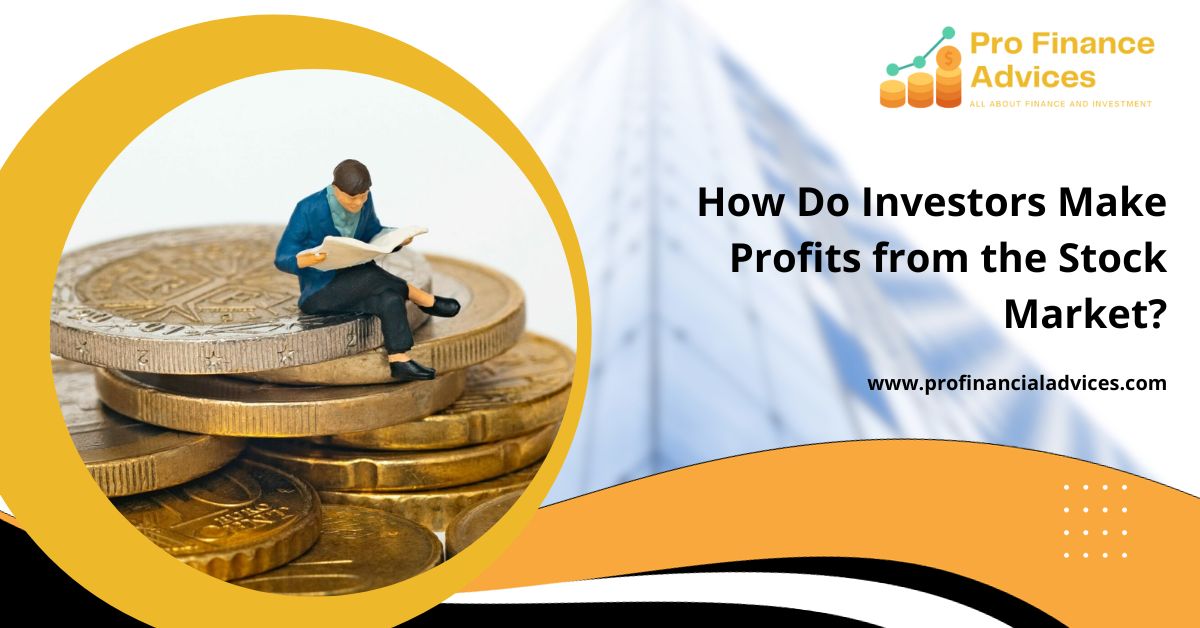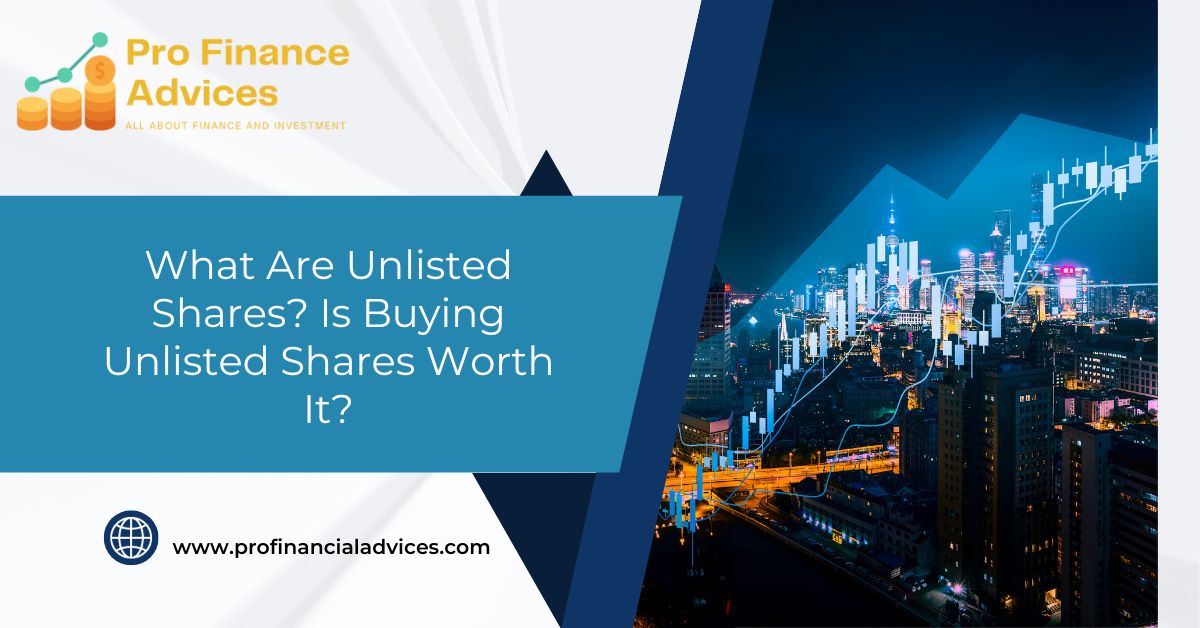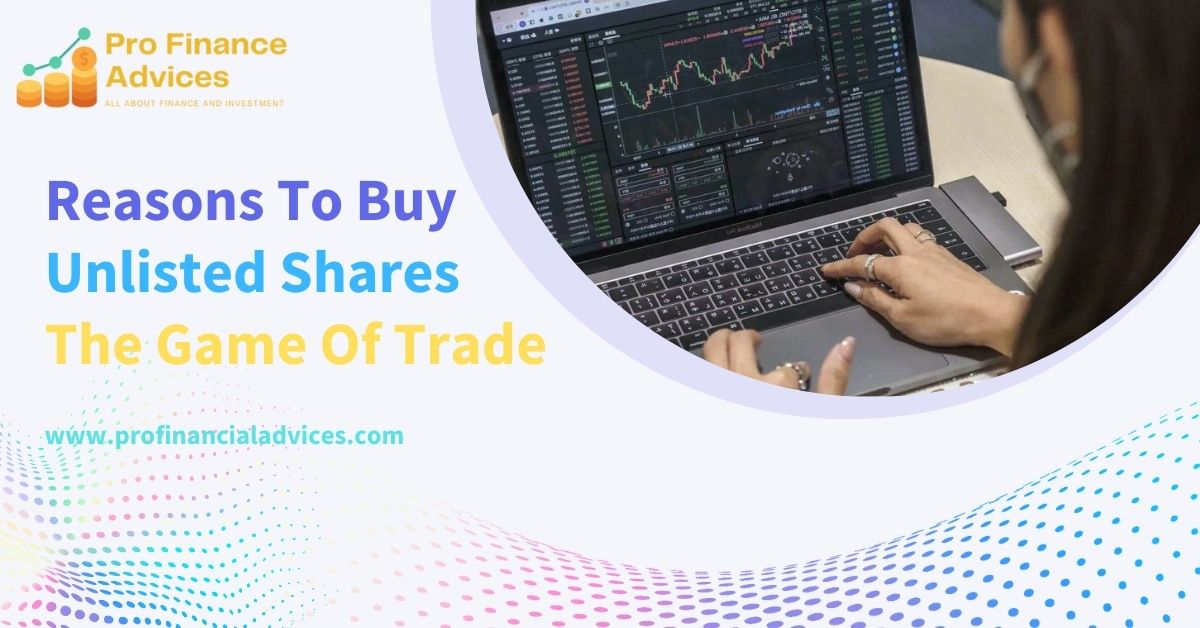The stock market either amplifies your investments or might pauperize your funds. However, smart strategies and analysis can enhance your investment portfolio. Investors can invest in the potential shares from the unlisted share price list on the platform Unlisted Assets. But, the investors earn money from two primary ways in the stock market:
- Gain from Capital Growth
Shares’ investment provides an opportunity to make money from capital appreciation. Simply, if an investor invests the money for the long-term, it brings significant gains on the principal amount when the prices of the shares go up. Probably, the share prices can rise up to 100% or more. However, capital appreciation is not guaranteed. There always lies the risk that prices remain lower than buying price.
- Dividend Gains
Keeping capital gains aside, investors can find a permanent source of income in the form of dividends. The respective companies dispense partial or complete profitable dividends to their shareholders and utilize the remaining funds for the expansion.
The dividend is distributed as per the no. of shares. The more the no. of shares, the more will be the profit of the stakeholders.
Functioning of Share Market
- Understanding the Exchange Platform
A stock exchange is precisely a platform that facilitates the trading of financial instruments such as bonds, stocks, and derivatives. SEBI (Stock Exchange Board of India) monitors the activities in the stock exchanges. Interested investors register themselves with SEBI to begin trading in these exchanges. Brokering and the issuance of shares are the included trading activities.
- Companies’ Listing in the Secondary Market
Companies list their shares on the secondary market through an Initial Public Offer or IPO. Stocks are allotted before listing and the investors who bid for the stocks reap their share of profits based on the number of stakeholders.
- Trading
The secondary market is the marketplace for the transaction of shares to make significant profits. The trading of stocks begins here once the company gets listed.
- Intermediaries
The high magnitude of the investors makes it difficult to assemble at one specific location. Therefore, to streamline the trading process, stockbrokers and brokerage firms come into the picture. These entities being registered with SEBI link the investors and exchange itself.
- Proceedings of the Shares
When the traders place an order of the shares, the brokers pass on the order to the exchange and then are matched for a sell order. The exchange of the shares is likely to happen when both the buyers and the sellers agree upon the same price.
- Settlement
Upon finalization of the pricing, the transaction is confirmed as no default. The stock exchange then facilitates the transferring of ownership of the shares and the process is known as settlement.
Previously, the settlement time used to take up weeks to materialize things which now takes place in T+2 days. With the digitization of the trading process, the shares reflect in your Demat account within two working days. Investors are subjected to getting involved in underlying market risks.







